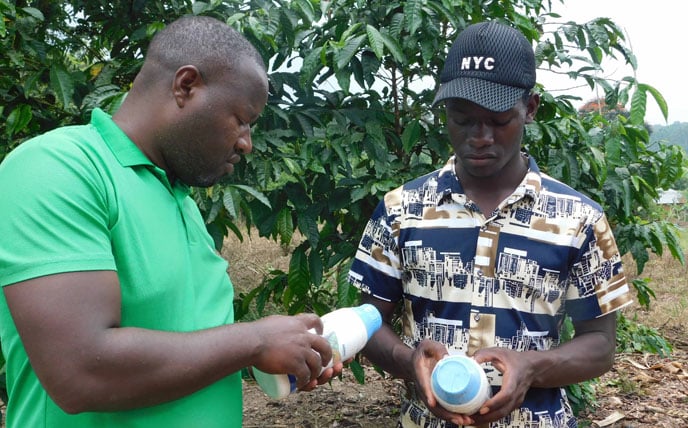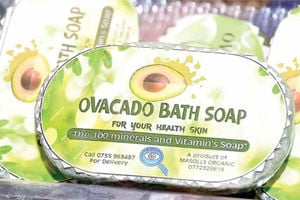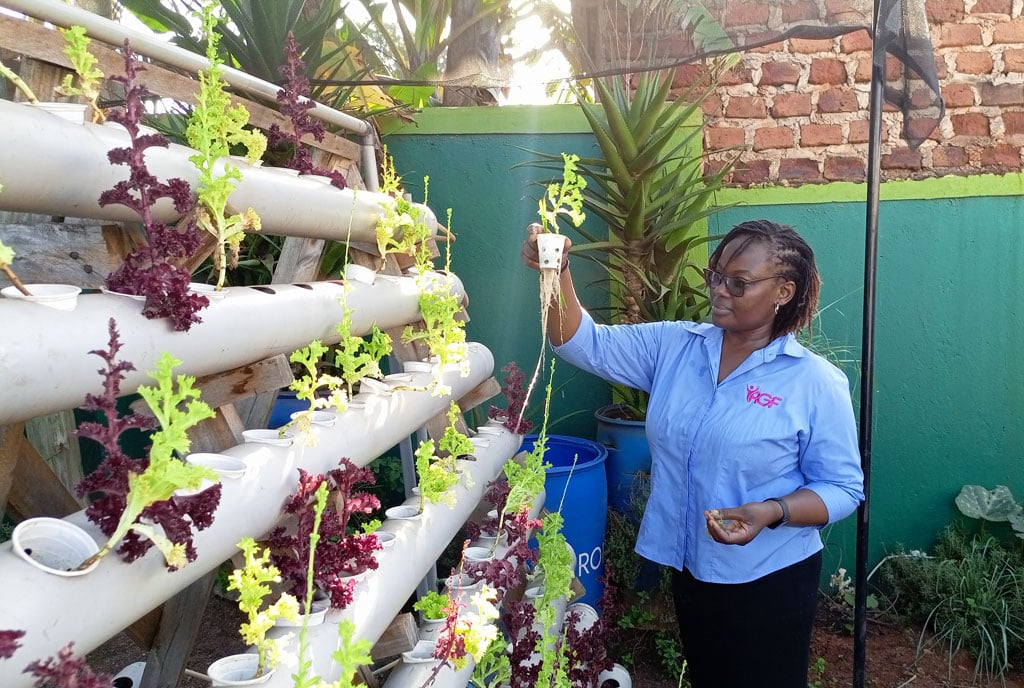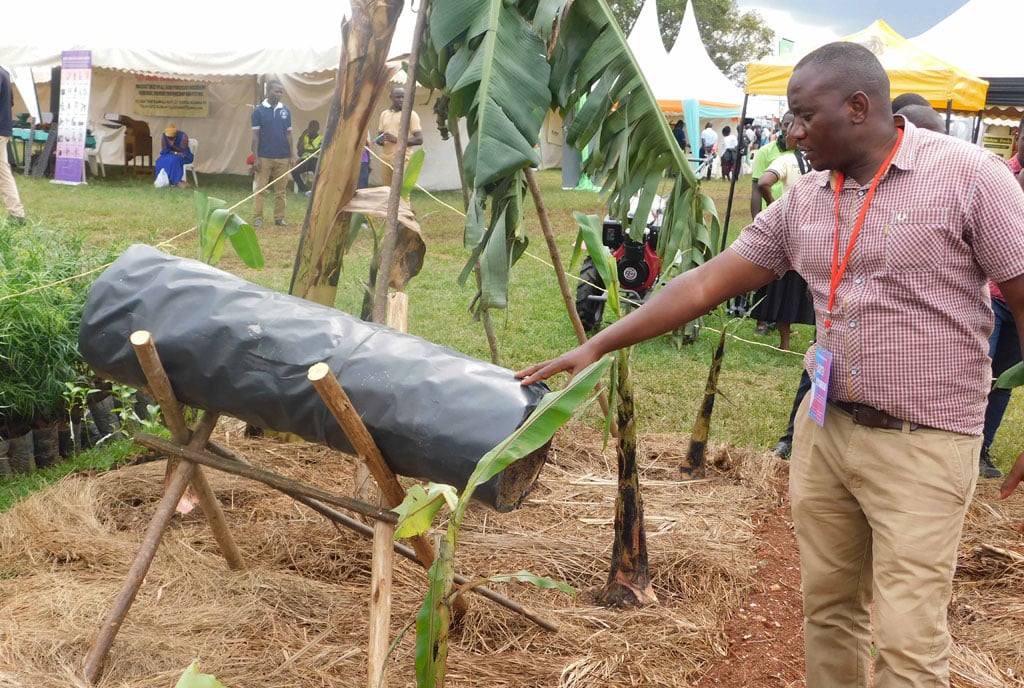
Pesticides are essential tools used to protect crops from various pests and diseases. These substances help farmers control insects, weeds, fungi, rodents, mites, bacteria, nematodes, algae, predators of pests and larvae of insects that damage plants’ leaves or stems. Pesticides protect crops from pests and diseases thereby ensuring higher yields and food security.
Insecticides
Insecticides are a crucial tool in agriculture, helping farmers combat pesky insects that can destroy crops. These pesticides specifically target insects, disrupting their life cycles and preventing infestations. Farmers use insecticides to protect their plants from damage caused by pests such as beetles, caterpillars, and aphids.
There are different types of insecticides available, each designed to target specific groups of insects. Some insecticides work on contact, while others are systemic and get absorbed by the plant to kill insects feeding on them.
While insecticides play a vital role in crop protection, farmers must use them responsibly. Overusing or misuse of insecticides can lead to environmental contamination and harm beneficial insects such as pollinators.
Herbicides
Herbicides play a crucial role in controlling weeds that can compete with crops for sunlight, nutrients, and water. These substances are designed to target and eliminate unwanted plants without harming the desired crops.
Herbicides come in various forms, such as pre-emergent or post-emergent, selective or non-selective, and contact or systemic. Selecting the right type of herbicide based on factors such as the weed species type present and the stage of their growth.
By effectively managing weed populations, herbicides help farmers increase crop yields and maintain the quality of their produce. Additionally, using herbicides can reduce the manual labor required for weeding tasks, ultimately saving time and money for farmers.
Fungicides
Fungicides play a crucial role in agriculture by protecting crops from fungal diseases that can devastate yields. These specialised pesticides target fungi specifically, preventing them from spreading and causing harm to plants.
Fungicides help farmers maintain the health and vigor of their crops by controlling fungal populations. This is essential for ensuring food security and economic stability within the agricultural sector. Different types of fungicides are used based on the specific fungi posing a threat to crops.
They are applied preventatively or curatively, depending on the crop’s susceptibility to fungal infections and environmental conditions conducive to disease development. Fungicides come in various forms—some are sprayed onto plants, while others can be incorporated into the soil or seed treatment to protect against soil-borne pathogens.
Rodenticides
Rodenticides are pesticides specifically designed to control and eliminate rodent populations in agricultural settings. These substances are crucial for protecting crops and stored grains from damage caused by rodents.
Rodents can quickly multiply and affect a farmer’s livelihood, making rodenticides an essential tool in pest management. There are different types of rodenticides available, each with its own mode of action to target rodents effectively.
Some rodenticides work by causing internal bleeding, while others disrupt the rodents’ nervous system, leading to their demise. Farmers must use these products carefully to minimise risks to non-target species and the environment.
The use of rodenticides requires proper knowledge and training to ensure their effectiveness while minimizing negative impacts. Integrated pest management strategies often include the strategic placement of bait stations or traps containing rodenticides to control populations effectively.
Bactericides
Bactericides play a crucial role in agriculture by targeting harmful bacteria that can devastate crops. These pesticides are specifically designed to combat bacterial diseases, ensuring the health and yield of plants.
By effectively controlling bacterial infections, bactericides help farmers protect their investments and maintain a sustainable agricultural system. The key benefit of using bactericides is their ability to prevent the spread of diseases caused by bacteria.
This proactive approach helps farmers mitigate risks associated with crop losses due to bacterial infections.
Miticides
Miticides are a type of pesticide specifically designed to target mites, tiny arachnids that can wreak havoc on crops. These pests may be small in size, but their impact on agriculture can be significant. Miticides work by disrupting the life cycle of mites, preventing them from causing further damage. Miticides help farmers protect their crops and maximize yields by effectively controlling mite infestations. These pesticides play a crucial role in integrated pest management strategies alongside other types of pesticides, such as insecticides and fungicides.
Farmers often rely on miticides to combat spider mites, russet mites, and other damaging species that can devastate plants if left unchecked.
Virucides
Virucides are a crucial type of pesticide used in agriculture to control viruses that can wreak havoc on crops. These specialized chemicals target and eliminate harmful viruses that threaten plant health, ultimately helping farmers protect their yields. By effectively combating viral infections, virucides play a key role in maintaining crop productivity and ensuring food security.
Unlike other pesticides that target insects or weeds, virucides specifically focus on eradicating viruses, which can be invisible threats to crops.
Algicides
Algicides play a crucial role in controlling and preventing algae growth. By effectively managing algae populations, farmers can ensure healthier crop growth and higher yields. Algicides come in various formulations, including liquid concentrates or granular forms that are easily applied to water bodies such as irrigation systems or ponds. They work by disrupting algae’s photosynthesis process, ultimately leading to their demise without harming other aquatic life.
The use of algicides is particularly important in agricultural settings where standing water is common, as excessive algae can lead to nutrient imbalances.
Predacides
Predacides are a lesser-known type of pesticide used in agriculture. These specialised chemicals target predatory animals that can harm crops, such as birds or mammals. By controlling these pests, Predacides help protect the harvest and ensure higher yields for farmers. Unlike other pesticides that focus on insects or fungi, predacides specifically address larger threats to agricultural production.
They play a major role in integrated pest management strategies by managing the populations of predators that could cause significant damage to crops.
Larvicides
Larvicides are a type of pesticide specifically designed to target and eliminate insect larvae, preventing them from developing into mature pests. These chemicals disrupt the growth and life cycle of mosquitoes, flies, and other insects that breed in standing water. By targeting the larval stage, larvicides help control insect populations before they become a nuisance or health hazard.
The use of larvicides is crucial in reducing the spread of diseases that are transmitted by mosquito bites. Public health agencies often deploy larvicides in areas where stagnant water accumulates to prevent outbreaks of these serious illnesses.
Pumpkin seeds
Pumpkin seeds, which contain high levels of cucurbitacin, are also known for their deworming effects. Simply grinding pumpkin seeds and mixing them with the feed can provide a natural way to combat parasites in your flock.








